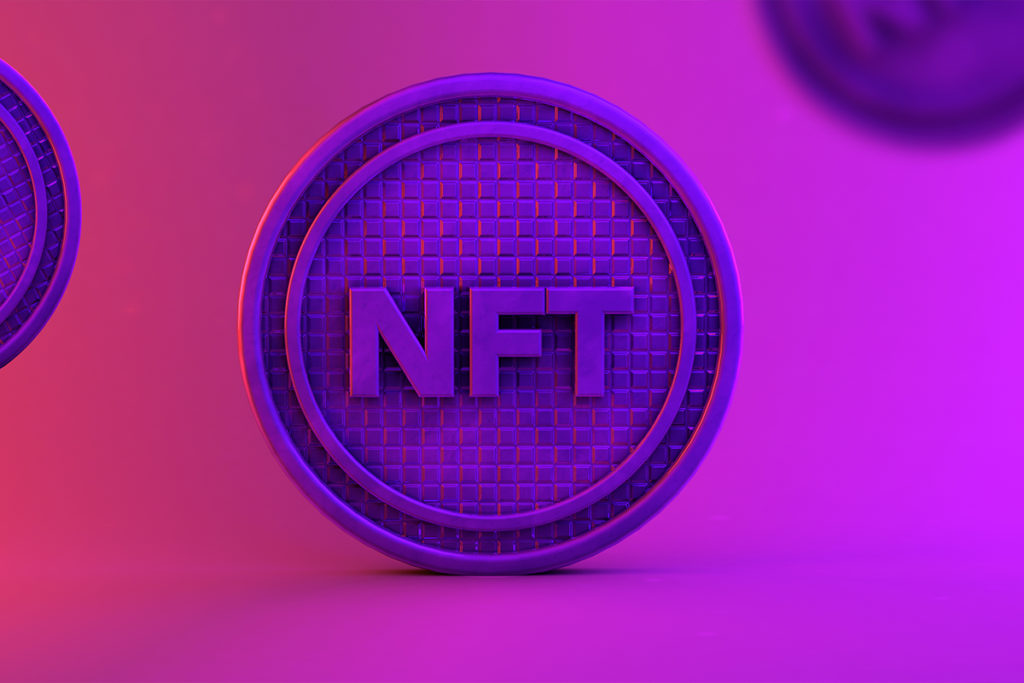It’s been a stressful year for investors. It’s been even more stressful for business owners with money in the market, as they’ve had to deal with the overall economic uncertainty and big market swings.
The good news is that there’s a simple way to improve your investment performance while simultaneously reducing financial stress in 2021. And the best part? You don’t have to do anything. In fact, doing nothing is the strategy.
In a recent column in The Wall Street Journal, I explain why doing nothing with your investments is usually the best approach. The explanation begins with the costs of active trading, or frequently buying and selling stocks.
The evidence against active trading is persuasive. Ilia Dichev at Emory University found that the average investor in the NYSE loses 1.4% per year in returns and the average investor in the NASDAQ loses more than 5% due to excessive trading.
But wait—it gets worse. A 2021 study by Dichev and Xin Zheng at the University of British Columbia shows that active investors don’t just experience lower returns—they also experience much higher market volatility than those who simply buy-and-hold investments. In short, their portfolios are even more likely to go up and down in value, which can be both stressful and expensive.
It’s an important result because it reveals the full cost of active trading. Such investors are chasing safe winners, but they’re actually getting risky losers. This means that active investors, on average, assume much more risk to get lower returns.
Given the high costs of active trading, what should entrepreneurs do with their scarce resources? What’s the best way to allocate your income?
The first thing you should do is pay down your debt, especially if it’s expensive. Whatever you earn in the market will most likely be less than the cost of interest. Those credit card charges add up. Fast.
The second thing you should do is reduce your hidden debt, which is your future tax payments. The IRS expects business owners like you to pay at least 90% of your total tax bill in quarterly estimated payments—falling short can lead to costly tax penalties. Fortunately, Lili makes it easy to save for tax season with their automated tax estimation tool.
If you’ve paid off your debt and saved for taxes, you should then make sure you have an emergency fund. Lili also makes this easy with their emergency bucket feature, allowing you to automatically save for unexpected expenses. By preparing for surprise bills, you can reduce your reliance on costly debt, as well as reduce financial stress. Several recent studies have demonstrated that high levels of financial stress can exert a steep toll, harming the body and mind. Worrying about money can even significantly increase our chances of getting into a car accident, as financial anxiety makes it harder to focus on the road.
Finally, if you have still money left over, you should consider investing in the market. However, don’t be an active trader—use a buy and hold strategy instead, which generates the highest returns over the long-term. One effective approach is to choose a low-cost index fund or ETFs and try not to touch it for many years. The less you do, the better you’ll do.
By using your extra earnings in this order, you will minimize unnecessary costs and expenses, which means more money to save and invest down the road. Your future self will thank you.




